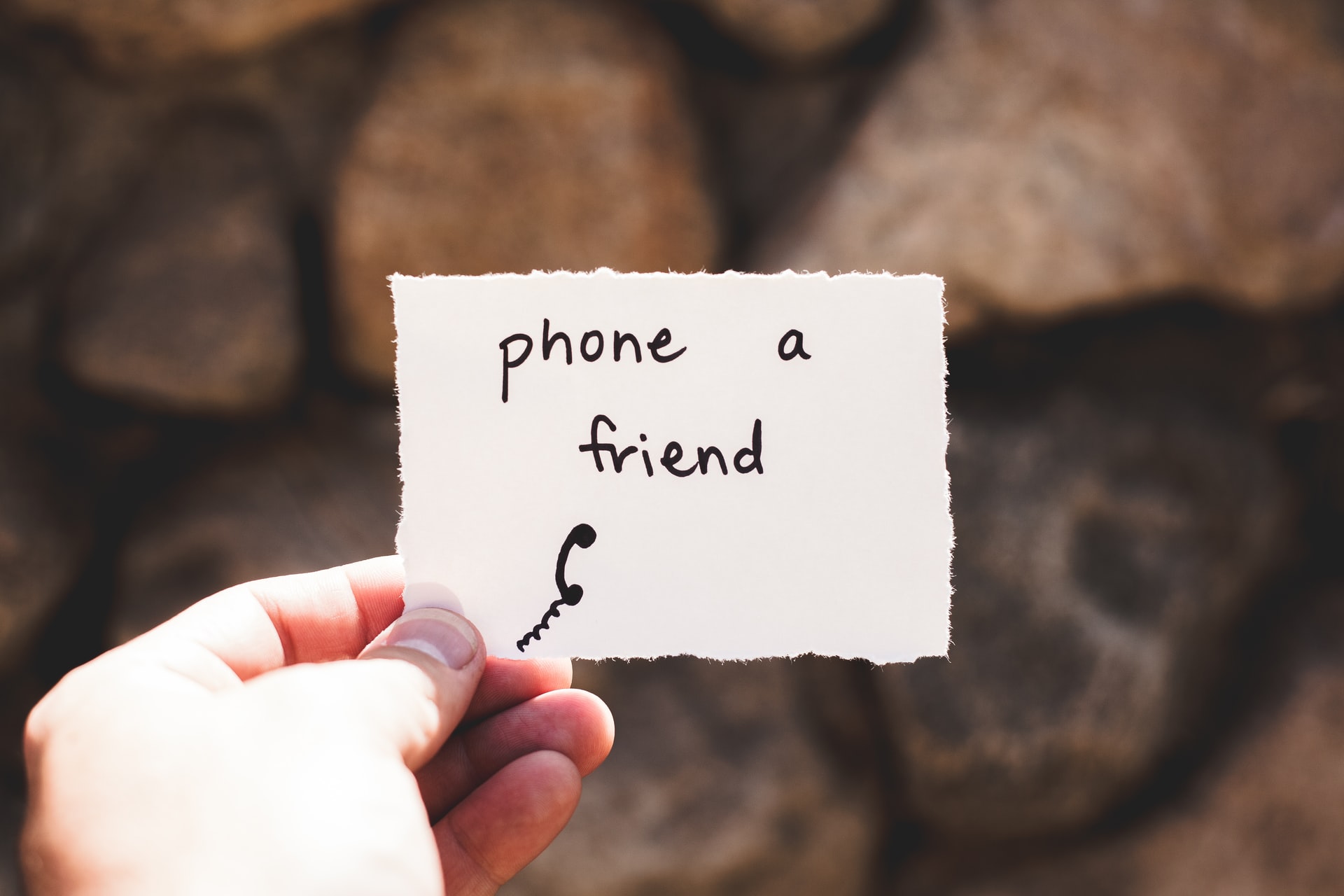Someone I’m close to recently told me to “harden the fuck up.” In the internet communities I’ve been part of over the years, this would basically constitute a war crime. After all, I have plenty to be upset about, on a personal and a geopolitical level. Whether it’s the potential trial against the man who assaulted me last year, or Vladimir Putin’s slow buildup to assaulting the nation of my birth, Ukraine, I can’t say I’m having an easy time of it — and I know that many other people are in a similar spot.
Yet I believe that we all need to be told to harden the fuck up every once in a while. Over the last few years, I’ve gravitated toward people who were able and willing to do it for me. It’s how I’ve managed to go on, no matter the situation.
Hardening the fuck up doesn’t mean canceling your feelings. Instead, it’s a strategy. “I’m going to have my feelings, but I’m going to do what needs to be done anyway.” In the age of the trauma narrative, we spend a lot of time focusing on our need to state that trauma has occurred, on sifting through the rubble, and bearing witness. It’s an important step, but then you take the next one. And the next.
A lot of people don’t like it when I express these ideas, because they think they reflect poorly on them. They think of it as a kind of judgment. The truth is, I spent many years living in my own trauma plot, afraid to take the next step — because, well, the uncertainty terrified me. And the fear of failure was even worse.
“I’m going to have my feelings, but I’m going to do what needs to be done anyway.”
Better yet, I know that I will come back to this place of pain, again and again. That’s what life is. It’s not linear at all, but more like Escher. The ends and beginnings run into each other. I will come back here again, and I will do what I need to do again. Eventually, I will die, a promise that contains its own reassurance, its own freedom (all the deaths I’ve weathered lately have certainly given me an improved perspective).
I have recently been revisiting the work of Ottessa Moshfegh and her idea that pain is actually dull. Pain is not the medal you pin to your chest — it’s what you do with the pain.
Asking for help is an important feature of hardening the fuck up. A lot of people feel shame when doing it — I know I do — but you just have to promise yourself to pay it forward, and you will feel better. Asking for help is an act of agency, as is the promise of eventually helping others. I’ve been there before. I’ll be there again. And so will most people.
When the first wave of the pandemic crashed down upon us, I asked a friend, a staff officer in the Army, to regularly yell at me. “Get the fuck up! Stop being weak! Do some pushups! Drink some water! And go!” It may feel counterintuitive, but I asked myself what I really needed then, and it was a lot of tough love. My background played into it. Agreeing on a plan for self-care, and asking friends to then help you execute it, makes you feel more in control. The virus does what it does, but so can you.
The internet rewards horrific stories of pain with a lot of attention, and stories of happiness and growth, by contrast, lack a thrill factor. That doesn’t mean that people aren’t living them. It just means that they’re not shared as often.
So if you’re reading this, and 2022 is pummeling you hard, know that your pain is valid — and that this pain can also be its own beginning.
I don’t know where it all ends up, but I am interested in turning the page and finding out.
Image credit: Dustin Belt

